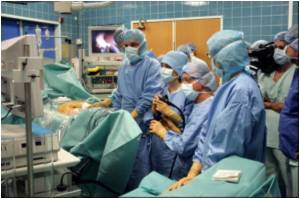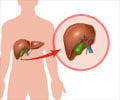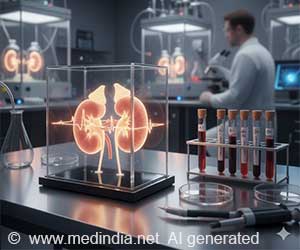A new Johns Hopkins research suggests that older, sicker heart-transplant recipients are significantly more likely to be alive a year after their operations

"There's growing evidence throughout medicine and surgery that the volume of cases done at a given medical center has an impact on outcomes," says George J. Arnaoutakis, M.D., a general surgery resident at the Johns Hopkins University School of Medicine and the study's leader. "Transplant teams more familiar with a procedure do a better job than those that only do a handful each year."
The researchers combed through United Network of Organ Sharing (UNOS) data from all of the heart transplants done in the United States between January 2000 and December 2009. Using that information, the researchers assigned each of the 17,211 patients a risk score, which took into account known risk factors for complications and/or death after heart transplant, including age, race, cause of heart failure, bilirubin and creatinine levels and whether they had been on life support. The higher the score, the greater risk of death one year after transplantation.
They also ranked the 141 hospitals where the transplants took place into low-, medium- and high-volume centers. Low-volume centers did fewer than six heart transplants a year, while high-volume centers performed more than 15 annually. Just 5.4 percent of heart transplants took place at low-volume centers over that period, while more than 67 percent were done at high-volume centers.
High-risk patients transplanted at low-volume centers had a 67 percent increased risk of death after one year compared with high-risk patients transplanted at high-volume centers. Severity of condition alone did not account for the difference, which diminished among low-risk patients.
"Patients at high risk of mortality should probably only be transplanted at high-volume centers," Arnaoutakis says.
"There are certain processes that may be better performed at regional centers of excellence doing more of a certain procedure," he says. "People talk about it with airline pilots — only at 10,000 hours of flying are they considered expert at flying. The experience of a center can be discussed in similar terms."
"The more you do it, the better you become at doing it," Arnaoutakis says.
Source-Eurekalert
 MEDINDIA
MEDINDIA




 Email
Email




